Maine, the Pine Tree State, is a land of sprawling forests, a rugged coastline, and vast, open roads that beckon travelers and adventurers. Whether you’re on an epic road trip up the coast, exploring the deep woods of the North Maine Woods, or simply trying to save money on lodging, the thought of pulling over to catch some sleep in your car is bound to cross your mind. It seems like a simple, practical solution for the weary traveler. But before you recline your seat and get comfortable, a crucial question arises: is it legal?
The answer isn’t a straightforward yes or no. While Maine does not have a statewide law that explicitly forbids sleeping in your vehicle, the practice exists in a legal gray area governed by a patchwork of local ordinances, property rules, and specific location-based restrictions. Navigating these rules is key to ensuring your night of rest doesn’t end with a knock on the window from law enforcement and a potential fine. This guide will walk you through the laws you need to know to sleep safely and legally in your car in Maine.
Maine’s General Stance on Vehicle Sleeping
At the state level, Maine’s laws are surprisingly accommodating to drowsy drivers. The state generally recognizes that a tired driver is a dangerous driver, and public safety is better served by allowing individuals to pull over and rest than by forcing them to continue driving while fatigued. There is no overarching statute that criminalizes the act of sleeping in your car.
However, this general tolerance comes with important conditions. The primary concern is safety. If you do choose to sleep in your car, you must be parked legally and safely. This means you cannot be a hazard to other drivers. For instance, your vehicle should be clearly visible to oncoming traffic and ideally positioned well off the active roadway. The spirit of the law is to provide a safe harbor for rest, not to allow for long-term camping on public thoroughfares.
Where You Can Legally Sleep in Your Car
Knowing where you are permitted to park overnight is the most critical piece of the puzzle. Certain locations are generally accepted, while others are strictly off-limits.
State-Designated Rest Areas
Maine’s highway rest areas are the most reliable option for travelers needing to sleep in their vehicles. These facilities, maintained by the Maine Department of Transportation, are designed for travelers to take a break. Since they are open 24 hours a day, staying overnight to rest before safely resuming your journey is generally accepted. State authorities would much rather you sleep in your car at a rest stop than fall asleep at the wheel.
However, not all rest areas are created equal. Some may have posted signs specifically prohibiting overnight parking, often due to local rules or maintenance schedules. It is essential to always check for signage upon arrival. If there are no signs forbidding it, you are likely in the clear.
State-Owned Property with Permission
In some specific circumstances, you can receive permission to park overnight on state property. For example, in the state capital of Augusta, overnight parking in state-owned lots is normally prohibited. However, you can request special authorization from the Bureau of Capitol Police if you have a legitimate need. The process involves sending an email request in advance. This is a great option if you have official business in the capital and need a place to stay, but it requires planning.
Commercial Properties and Businesses
Many travelers find success in the parking lots of large, 24-hour businesses like Walmart or Cabela’s, though policies can vary by store location. Some businesses are famously friendly to travelers. In Freeport, for instance, L.L.Bean allows RVs and campers to park overnight in designated spots in their lot.
The key here is permission. Sleeping on any private property without consent is trespassing. Always look for signs that explicitly permit or prohibit overnight parking. If you are unsure, it is always best to go inside and speak with a store manager. A polite request is often met with a positive response, especially if you plan to patronize the business.
Where Sleeping in Your Car Is Prohibited
Just as there are safe havens, there are many places where sleeping in your vehicle will attract unwanted attention and potential legal trouble.
Private Property Without Consent
This is the most straightforward rule. Parking and sleeping on someone else’s property without their explicit permission is illegal and can result in trespassing charges. This includes residential driveways, business parking lots after hours, and undeveloped private land.
Park and Ride Lots
Park and Ride facilities, found along the Maine Turnpike and Interstate-295, are strictly for commuters. These lots are intended for daytime use by people carpooling to work. Signage at these locations almost always prohibits overnight parking and sleeping, and these rules are often enforced.
Most State and National Parks
While they may seem like idyllic places to camp, Maine’s state parks have strict rules against sleeping in a standard vehicle. These parks are set up for designated camping, which means using a tent, RV, or camper in a paid campsite. The regulations are in place to reduce light and noise pollution, preserving the natural environment and the experience for registered campers. Unless you are in a designated camper vehicle, do not plan on sleeping in your car in a state park.
Limited-Access Highways and Roadsides
For obvious safety reasons, you are forbidden from stopping to sleep on any part of a highway that is used for travel. This includes all traffic lanes, acceleration and deceleration lanes, medians, bridges, and the shoulders of limited-access highways. Stopping in these areas is incredibly dangerous and reserved for genuine emergencies only.
The Critical Role of Local Town and City Ordinances
Perhaps the most confusing aspect of this issue is the power of local municipalities. While the state of Maine may not have a ban, individual cities and towns can and do create their own ordinances restricting or prohibiting sleeping in vehicles.
Larger cities and popular tourist towns are more likely to have such rules. These ordinances are often aimed at preventing vagrancy, managing tourism pressures, or addressing resident complaints about noise and safety. This means that an act that is perfectly legal in a rural rest area could get you a ticket in a city like Portland or Bar Harbor.
Because rules can change from one town line to the next, you must be proactive. If you plan to stay in a specific town, the best course of action is to contact the local police department or town office and ask about their regulations on overnight vehicle lodging. This simple step can save you a headache and a fine.
A Word of Caution: Drinking and Sleeping in Your Car
There is a critical distinction to be made between sleeping due to fatigue and “sleeping it off” after consuming alcohol. In Maine, you can be charged with Operating Under the Influence (OUI) even if your car is parked and you are asleep. The law does not require the vehicle to be in motion. If you are in your vehicle with the keys and are intoxicated, a law enforcement officer can determine that you have “operating control” of the vehicle, which is enough for an OUI charge. Never use your car as a place to sober up. It is far safer—and legally smarter—to call a taxi, use a rideshare service, or find a friend’s couch.
Tips for a Safe and Undisturbed Night
If you decide to sleep in your car, following these best practices can help you stay safe, legal, and comfortable.
-
Choose Your Location Wisely Opt for well-lit, designated rest areas or the parking lots of 24-hour businesses where you have permission. Avoid secluded or unlit areas that could compromise your safety.
-
Be Discreet The goal is to rest, not to set up a campsite. Avoid taking out chairs, grills, or other equipment. Keep a low profile by using sunshades or curtains for privacy. The less attention you draw to yourself, the better.
-
Prioritize Safety Lock your doors and keep your keys in a secure, accessible place. Crack a window for ventilation to prevent condensation buildup and ensure fresh air. Let a friend or family member know your location.
-
Always Check for Signs This is the golden rule. Before settling in for the night, do a thorough check of the area for any signs that say “No Overnight Parking” or list other restrictions.
-
Arrive Late, Leave Early To minimize your impact and avoid disturbing others, try to arrive late in the evening and leave early in the morning.
-
Have a Backup Plan Your first-choice location might not work out. A rest area could be closed for maintenance, or a parking lot could be full or have new restrictions. Always have an alternative spot in mind.
Conclusion: Travel Smart and Rest Easy
Sleeping in your car in Maine can be a practical and freeing way to explore the state, but it requires diligence and respect for the law. While the state itself takes a lenient view, your right to rest in your vehicle is ultimately determined by where you choose to park it. By understanding the difference between public rest areas and private property, being mindful of local city ordinances, and always prioritizing safety and discretion, you can enjoy a peaceful night’s sleep without legal repercussions. So go ahead and plan that road trip—just remember to travel smart, rest responsibly, and wake up ready for another day of Maine adventure.
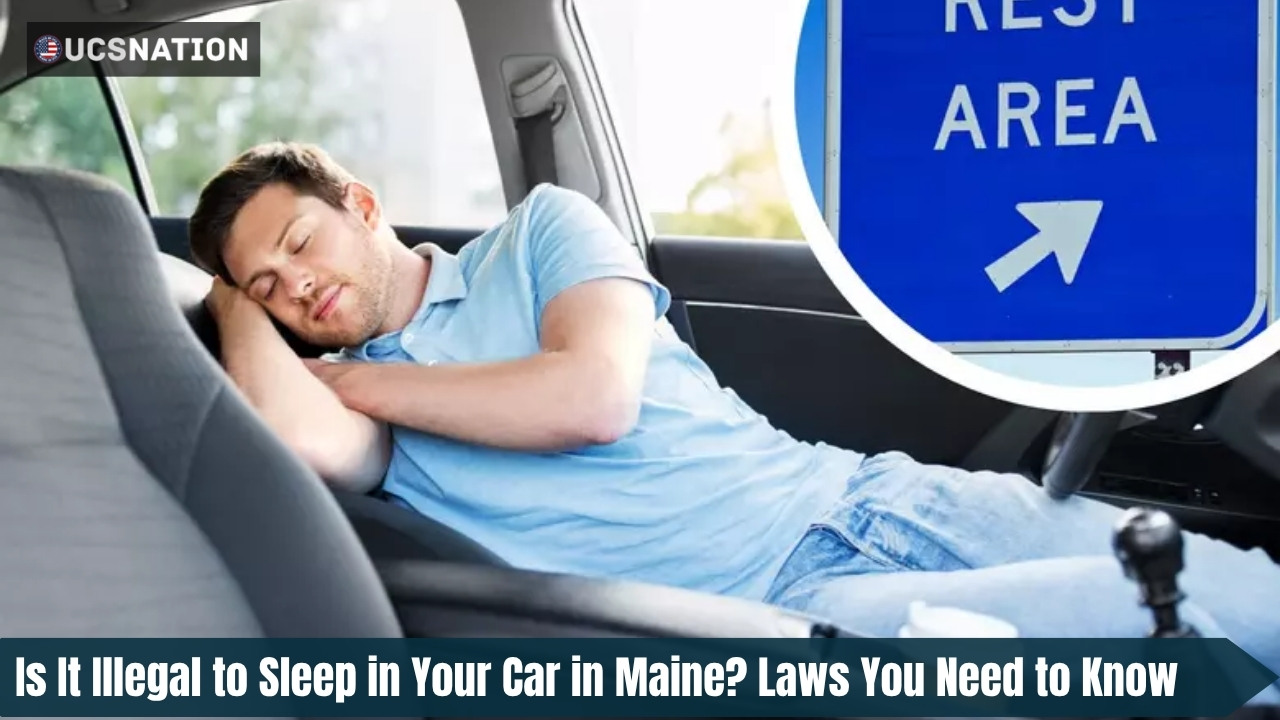


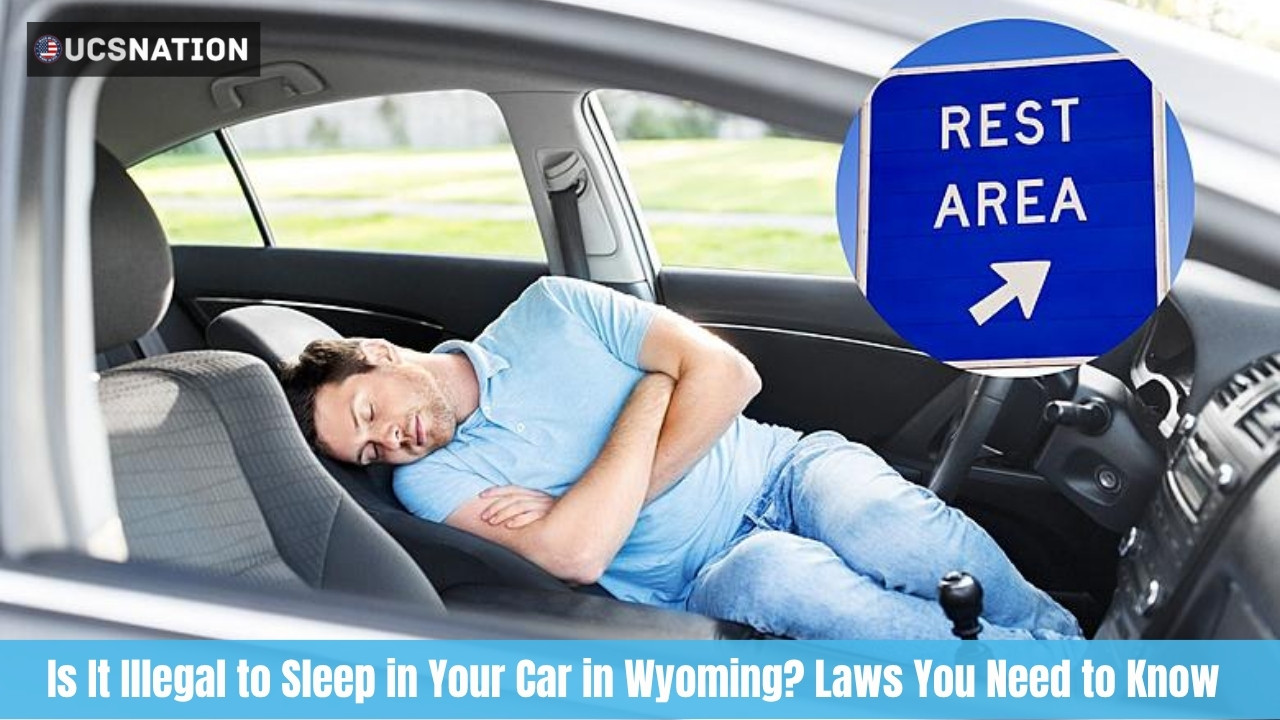
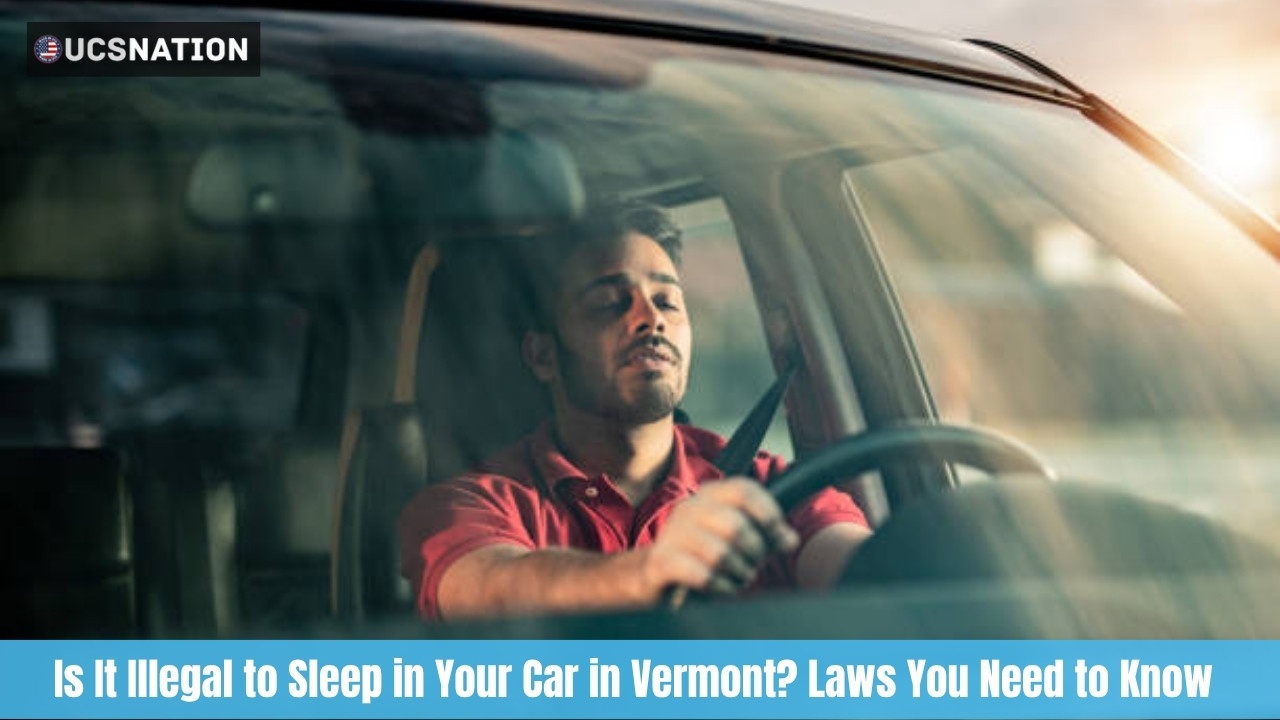
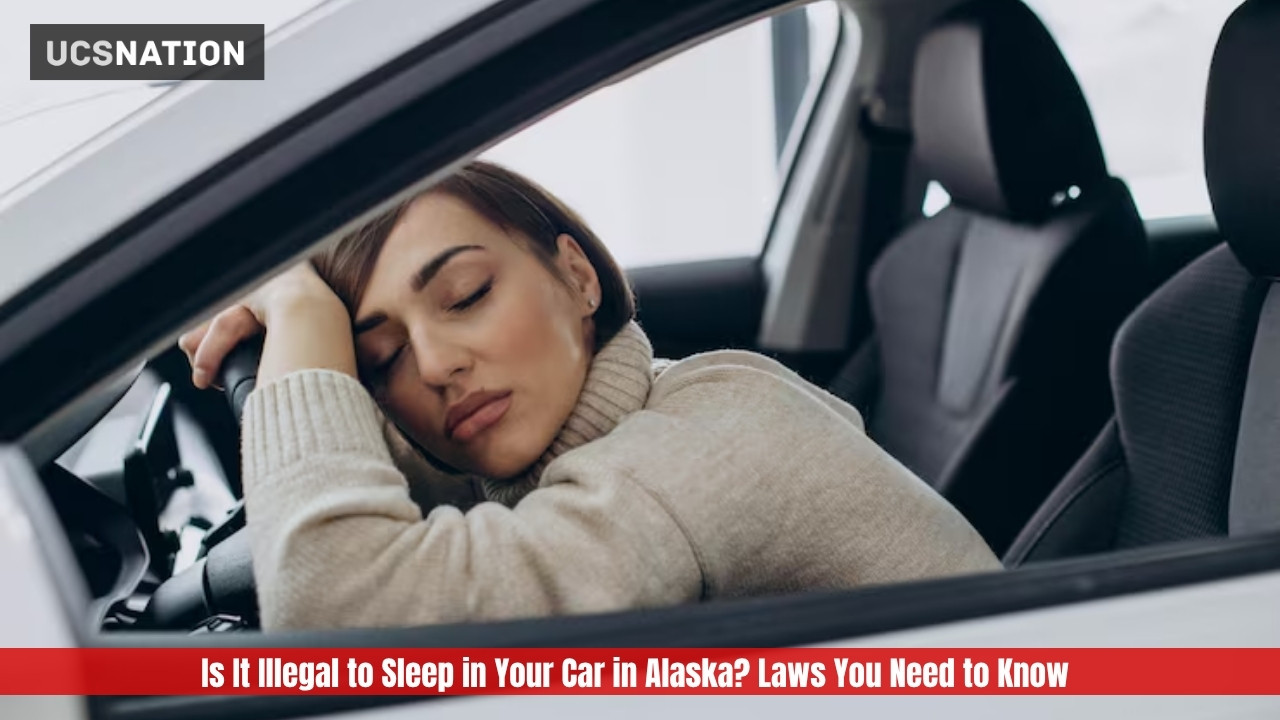
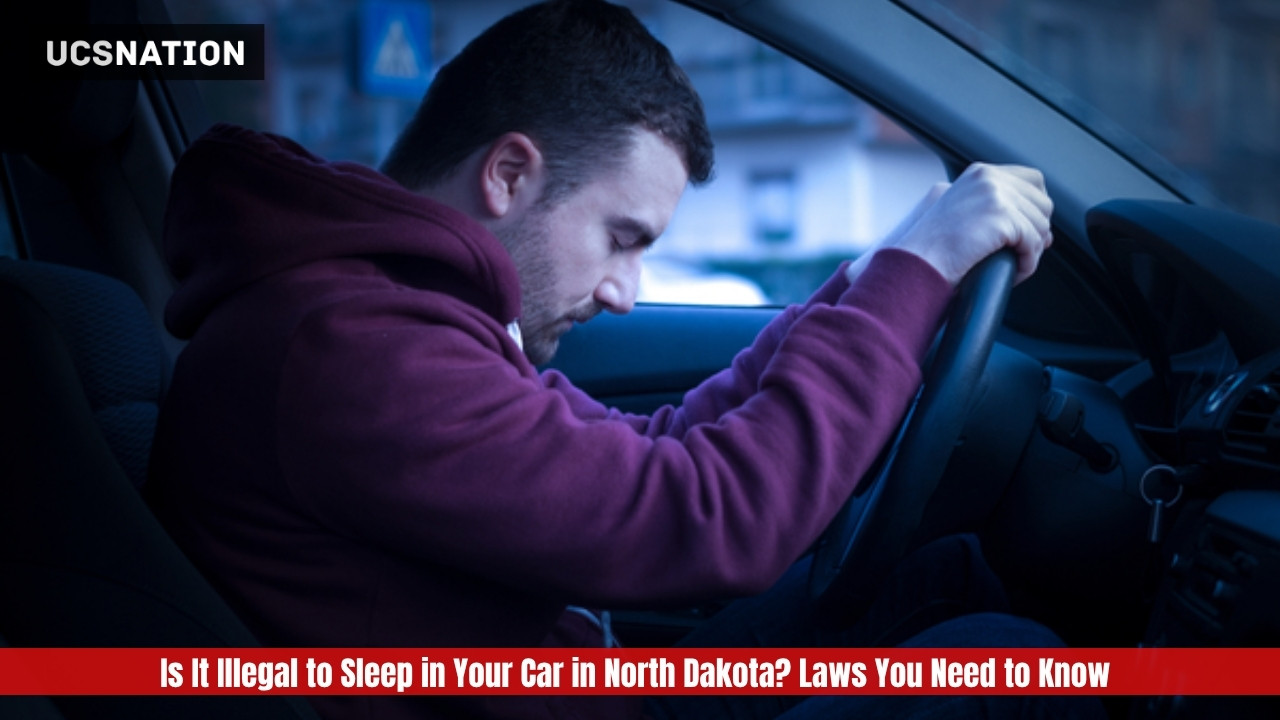
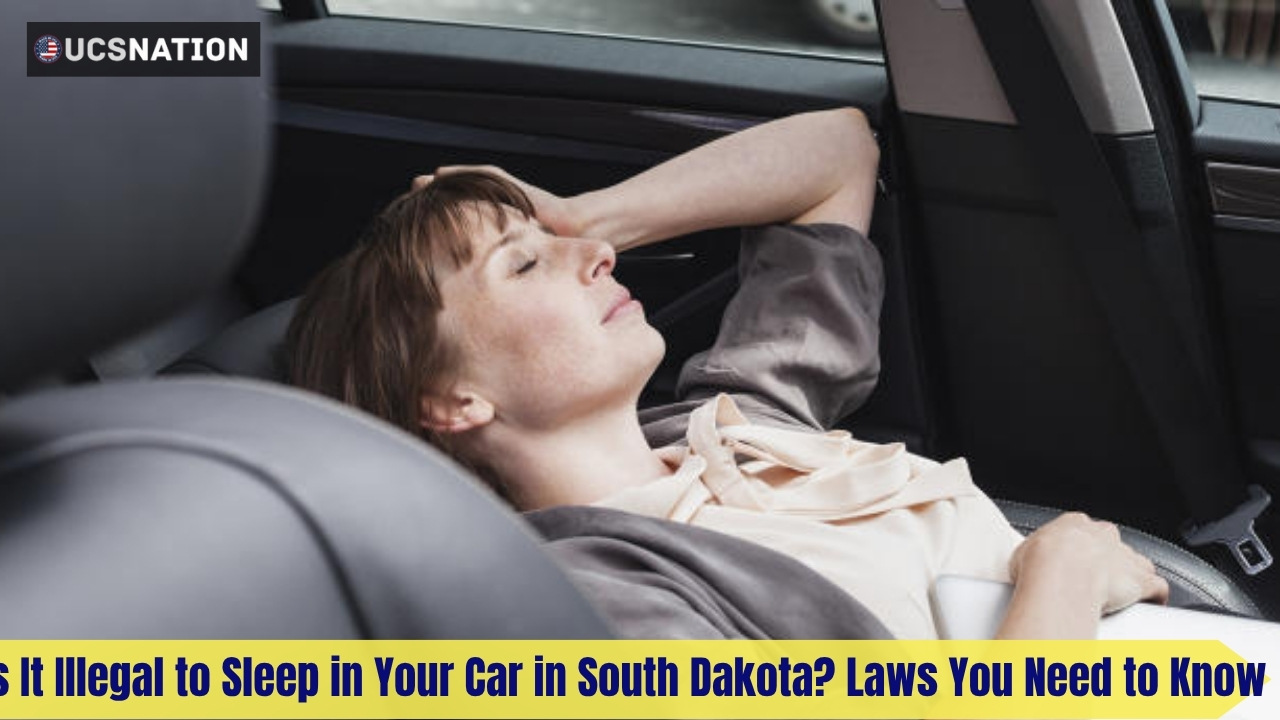
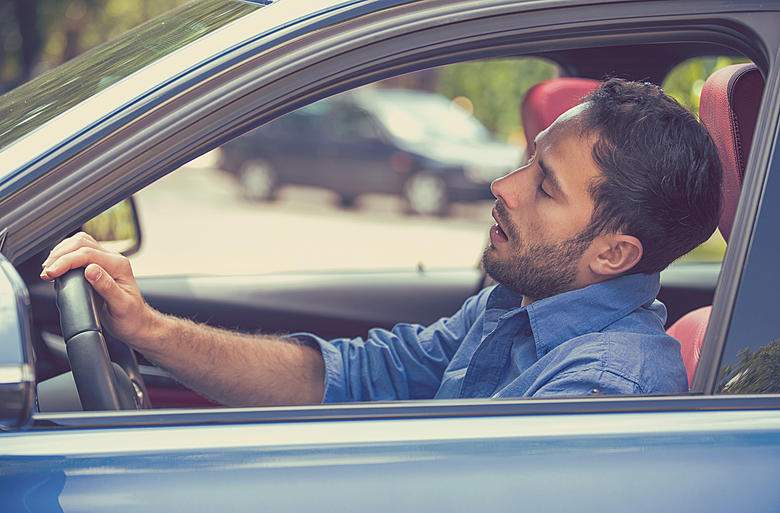
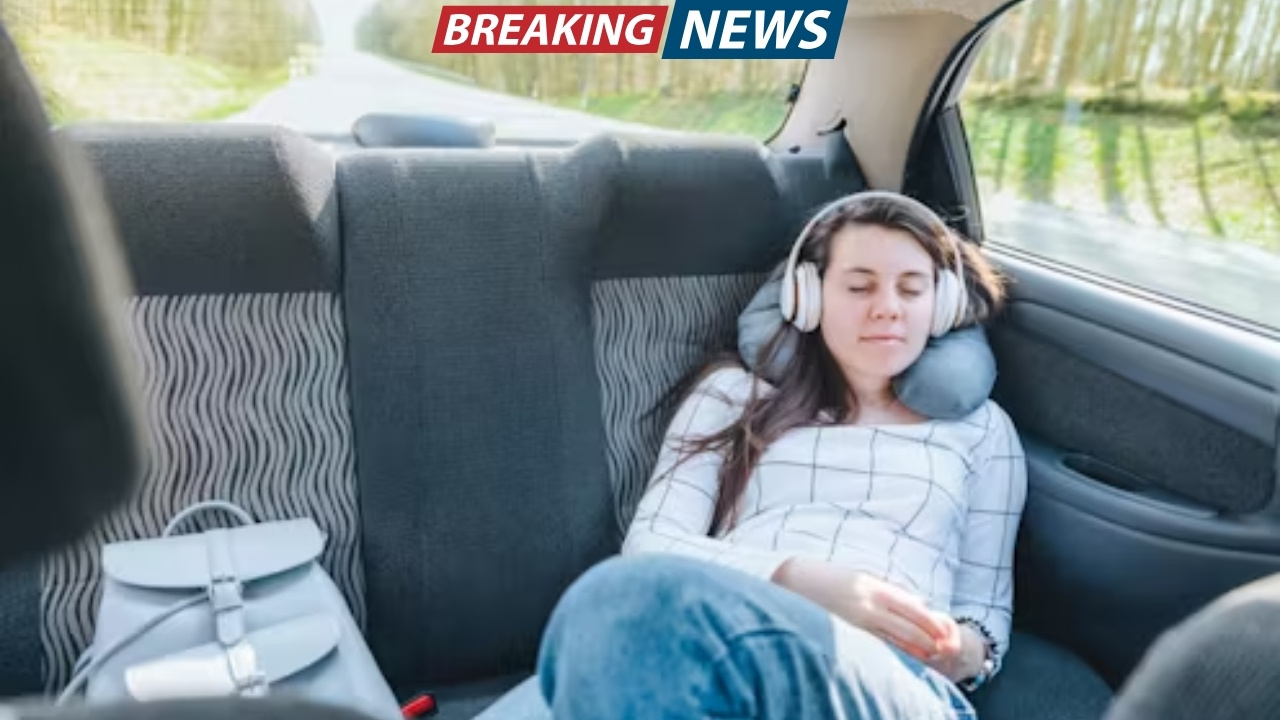
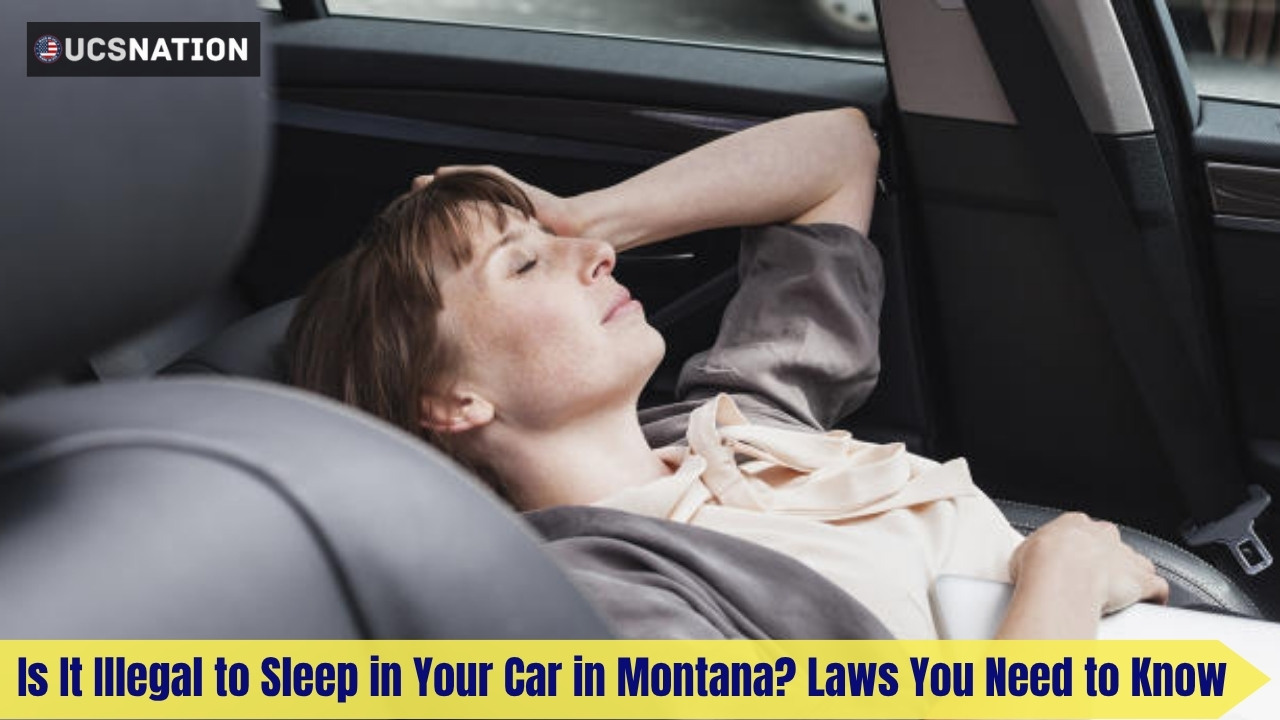




Leave a Reply